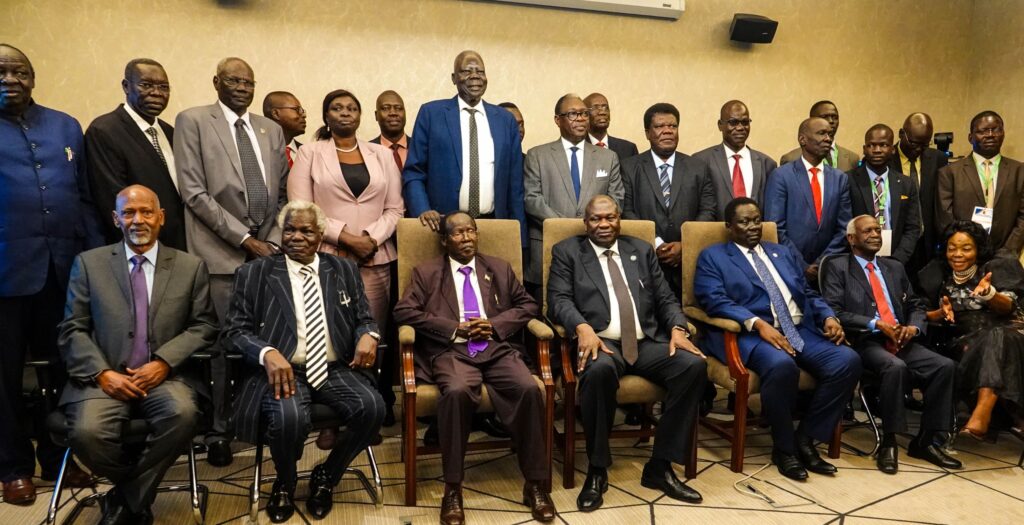The Ministry of Justice and Constitutional Affairs on Wednesday launched the validation of the Judicial Reform Committee (JRC) report and recommendations in Juba.
The launch comes two years after the committee’s formation, with key findings being citizen’s call for judiciary reform.
Established on July 28, 2022, JRC was tasked with reviewing the judiciary and providing recommendations to the Revitalized Transitional Government of National Unity (RTGoNU), as outlined in Article 1.17 of the Peace Agreement.
Speaking during the opening session, the Committee Chairman, Justice James Ogola, said the report’s key findings include strong public support for reforms in the judiciary.
“Key findings include strong public support for the reform of the judiciary. We did our deliberations and then went to the people and all other diverse sectors and talked to them,” he said, noting that public support for the judiciary reform was found everywhere.
The chairperson revealed that the committee also found that there was interference in the judiciary by some members of the executive, and called for the restoration of trust and the establishment of independent courts across the country.
“We also found the need to restore public confidence in the judiciary. There was a lot of thought that there was interference in the independence of the judiciary by some members of the executive.”
Justice Ogola said other findings include the low number of judges, poor representation and funding shortages.
The committee further recommended thoroughly training of judges and the enhancement of the role of the police and the prison services in the judiciary.
Further, the report discovered that there was poor welfare and work condition in the judiciary.
“We found a large number of judges at all court levels. We found extreme under representation of women. There was a need for a robust and continuous judicial training,” he said.
“We need to enhance the role of the police, of the prison services in the justice delivery system. There was overwhelming poor welfare and work conditions, lack of housing, lack of health insurance, transportation, case backlog, and poor physical infrastructure, equipment, and facilities,” he added.




